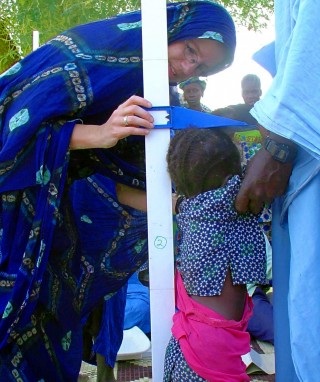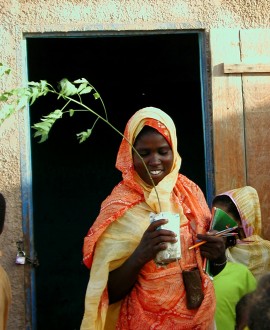Doulos Community is a Christian humanitarian organization, founded in 1984 in response to the great Sahel drought in northwest Africa. Doulos has made a special commitment to the Sahel and especially to Mauritania where we have been working since 1987.
The word “doulos” is a term from the Greek New Testament (Philippians 2:5-8; Mark 10:42-45), used to describe Christ living on earth as a servant, having voluntarily surrendered privileges, comfort and status. Based on this concept, Doulos Community’s expatriate personnel maintain simple lifestyles in the communities where we work, and are committed to excellence in cultural sensitivity and mastery of local languages.
All Doulos expatriates are volunteers, responsible for their own financial support. This practice contributes to Doulos’ ability to operate with low administrative costs, and allows Doulos to focus the vast majority of its resources on the needs of local communities.
Doulos Community’s project activities place a priority on human development and providing the tools, skills and education that will permit individuals, families and communities to improve their situation. Training national staff members and providing technical assistance to local leaders and organizations are also key components of Doulos’ strategy, with the goal being to facilitate skill-transfer and the development of local management capacity.
Doulos Community has its roots and headquarters in the USA, but it is truly an international organization, recruiting both expatriate volunteers and financial support from more than a dozen countries throughout Europe, Asia and Africa in addition to North America.


